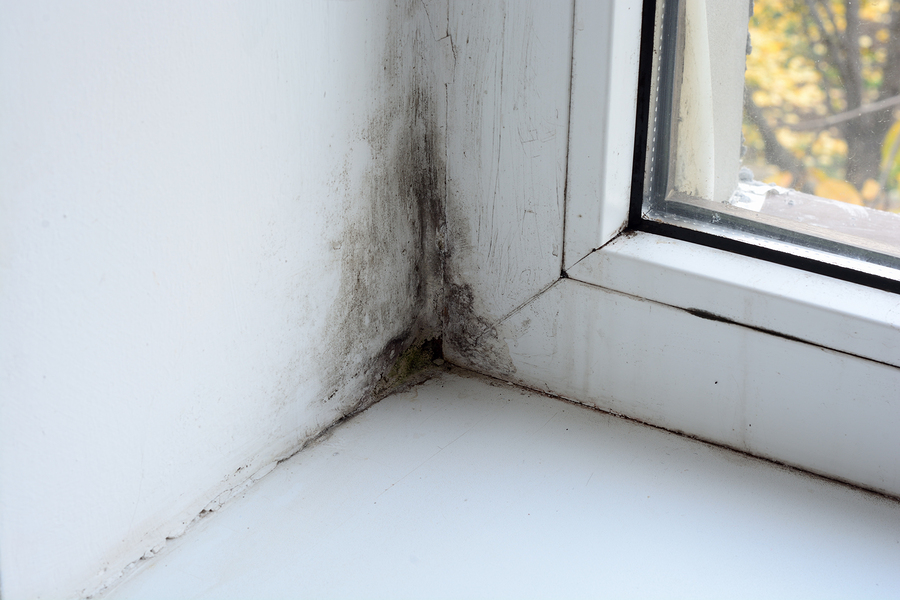- Make It Yourself Lavender Heart-Shaped Bath Bombs!
- 20 Things You Never Knew About “Down There”
- 12 Best Foods For Those Suffering From Arthritis Pain
- 12 Personal Hygiene Mistakes Almost Everyone Makes (Mom Never Told You About #4!)
- 15 Medicinal Plants And Herbs From The Cherokee People
- 12 Mind-Blowing Benefits Of Drinking Coconut Water During Pregnancy
- 12 Outstanding Winter Foods That Won’t Fatten You Up Like A Christmas Turkey
Common Symptoms Of Mold Poisoning – Is It In Your Home?

Photo credit: bigstock.com
What are the Symptoms of Mold Toxicity?
- Sinus problems, including asthma like symptoms of coughing or shortness of breath, wheezing and sneezing
- Memory problems such as difficulty concentration and brain fog
- Sensitivity to light, red eyes, blurred vision
- Feelings of fatigue, weakness
- Frequent headaches
- Numbness and/or tingling
- Muscle cramps, muscle aches or pains
- Joint pain without inflammation
- Persistent neck pain, a feeling of an ice pick being driven in the back of the neck
- Vertigo
- Static “shock” type feelings
- Tremors
- Increased urination
- Increased or persistent nerve pain
- Excessive thirst
- Abdominal pain
- Changes in appetite
- A metallic taste in the mouth
- Weight loss resistance
- Problems controlling temperature
- Night sweats without menopause
As you can see, mold poisoning symptoms mimic many other health problems, which means it can easily go undiagnosed for years.
What Should I Do?
If you suspect you might have a mold problem, start here:
1. Learn all you can about mold.
2. Have your home tested for mold. (Use an ERMI test kit).
3. Find a doctor who specializes in mold poisoning. Ask them to perform a genetic susceptibility test for mold, which is Labcorp panel #167120.
READ ALSO: 6 Natural Ways to Kill and Prevent Dangerous Black Mildew and Mold
If your mold tests do find mold in your home, #3 becomes especially important.
Don’t give up! You deserve to live a life healthy and free from mold toxicity!
References:






























